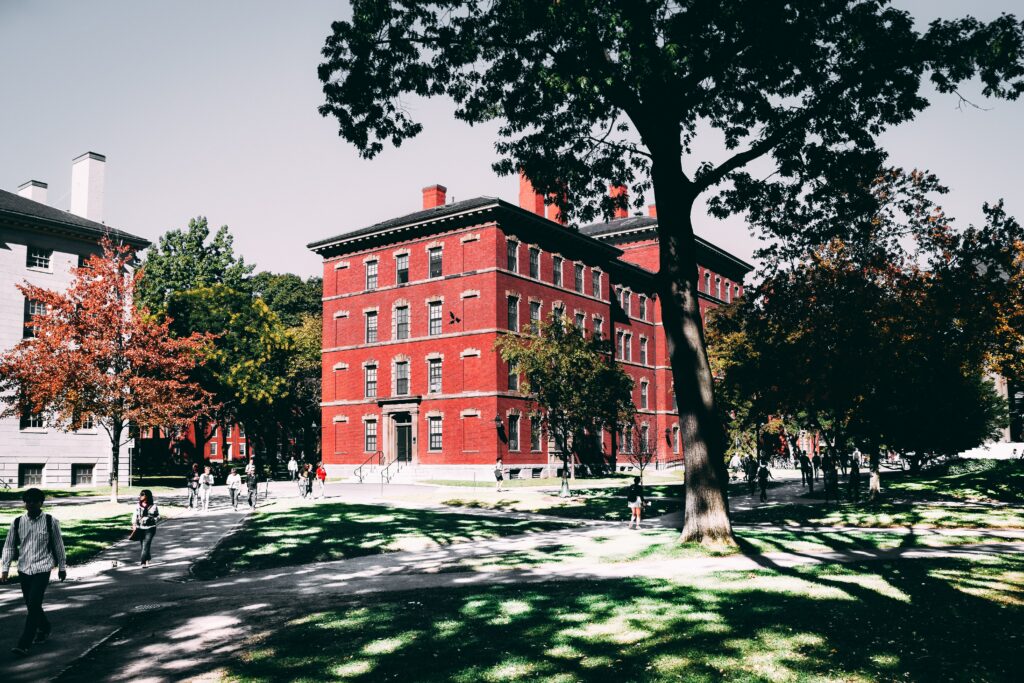In 1890, the first post-secondary institution in Canada was founded when McGill University received its charter. This pioneering university has since grown to become one of the most prestigious and highly ranked institutions of higher education in North America. Let’s learn about ‘What Is The School Code For Post-University?’.

What Is The School Code For Post-University?
There are a lot of reasons why the university is a great place to work. For one, it can allow you to learn from world-class professors who have years of experience in their field. The school code for post-university is 001401.
Application: What Is The School Code For Post-University?
When you’re applying to a post-secondary institution, it’s important to have a clear and concise application. Follow these tips on how to write an effective post-secondary application:
Start with your career goals – What are you looking to do after graduation? How will completing your degree help you achieve those goals? This is the foundation of your application and should be at the forefront of every sentence.
- Write about why POST University is the right fit for you – After all, admissions officers are hiring students who align perfectly with their program and campus lifestyle. Demonstrate this by sharing information about faculty members, student engagement programs, course offerings, etc.
- Take advantage of optional supplements – Many institutions offer supplemental applications that can help supplement or extend your candidature file even further. If there’s something specific that interests you in particular (an affiliation or research opportunity), please consider submitting one.
- Stick to standard APA format – This style guide will make sure everything in your application looks uniform and easy to read for reviewers. All sources must be properly cited and referenced, so take time to reference any outside materials used throughout your essay or supplementary material submissions.
Benefits
Some of the most common benefits of post-secondary education include: improved job prospects, gainful employment skills, increased earning power and income potential, new perspectives on career options and opportunities, advanced degrees that can lead to successful careers in different fields or industries, networking opportunities with professionals in related fields or industries.
Many advantages come with studying at a Post university such as:
• A focus on innovation and creativity.
• Inclusion in international networks.
As an institution affiliated with UNESCO’s Alternative Learning Programmes (ALP), post-secondary institutions benefit from the network of scholars and educators who participate in these programs around the world. Exposure to different methodologies, cultures, and thinking processes can broaden your perspective significantly while also preparing you for future career opportunities.
Drawbacks
Some potential disadvantages that you may experience following college are a loss of social circles, difficulty finding a job, and lack of career development opportunities. These difficulties can be partially or fully offset by networking and seeking out guidance from professionals.
Additionally, if you choose to remain in your current city after graduation, there is often an abundance of jobs available in the local market.
Another possible disadvantage is taking on more debt than necessary for tuition prices and other associated costs. By carefully choosing which schools to attend and making sensible financial decisions along the way, you can minimize this risk as much as possible.
There are also many online resources available that offer advice on navigating post-graduate life successfully (such as The Muse). So don’t hesitate to reach out when needed.
Details About The Accommodation
While there are many options available for students after they have completed their undergraduate studies, the post-university accommodation market can be quite competitive. To combat this, it is important to do your research and identify a range of prices and types of accommodation that match your needs.
When looking for post-university accommodation, you should consider factors such as location (near amenities or universities), size/layout of rooms/apartments, and price point. It is also beneficial to view properties in advance to ensure that you get the best deal possible. You may want to use online resources like apartment search engines or forums dedicated specifically to post-university housing so that you can get detailed feedback on properties before making an offer.
Finally, make sure to arrange maintenance issues such as repairs early so that they don’t become major problems down the line.
Conclusion
Post University is one of the most affordable online universities in Canada. Their low tuition rates and unique curriculum make us a great choice for students who want to earn their degrees without breaking the bank. They offer over 60 accredited degrees, including degrees in business, computing, law, health sciences, Liberal arts and humanities, and engineering technology/applied science disciplines.
FAQs
- Is post-university worth taking admission in?
Yes because it offers an opportunity for both online and offline degrees.
- What courses are offered?
Degrees in business, computing, law, health sciences, Liberal arts and humanities, engineering technology/applied science disciplines.
- Does post-university offer on-campus accommodation?
Yes, it offers on-campus accommodation at a minimal price.
- Is the tuition fee affordable?
Yes, the Tuition fee is minimal.

